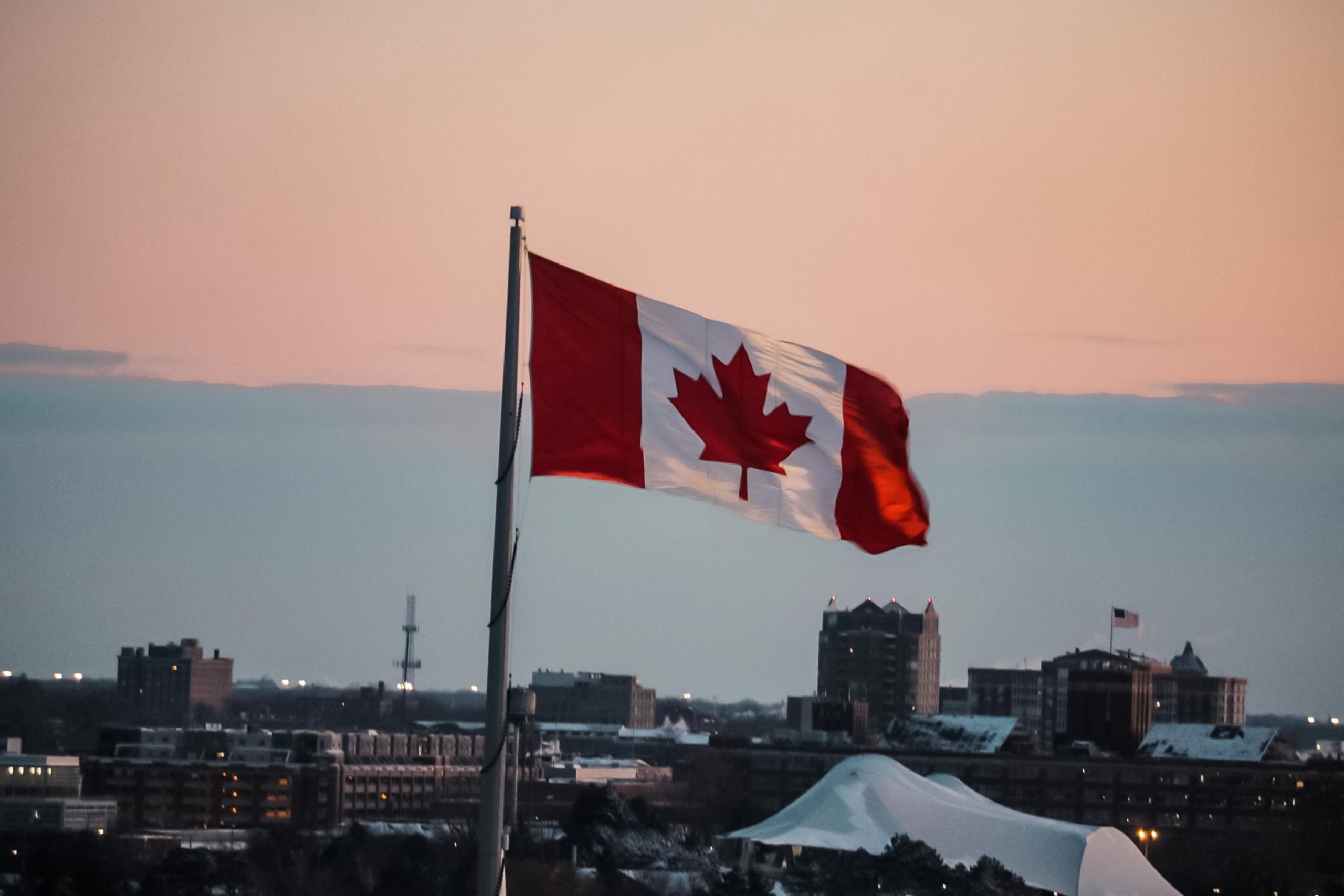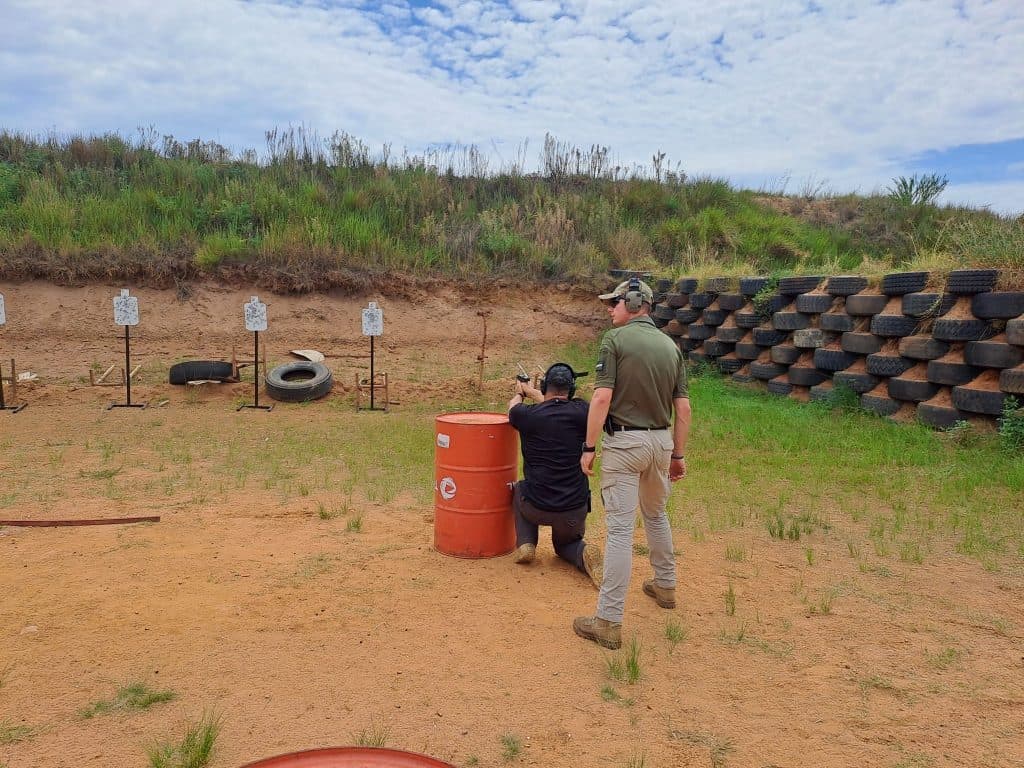By Hesti Steenkamp
Just when we thought 2020 is the year our emigration process will smooth out, the year it will eventually pick up speed now that all the paperwork is in order, just when we started to set dates and get rid of our possessions – COVID-19 hit.
I don’t panic easily because I am aware of the danger of social media. Even when cases of the virus eventually have been reported in South Africa, I was not worried. However, I could not foresee that the impact of this pandemic would rage like a hurricane around the world and brings everything to a standstill. And, of course, it not only impacts our family, who are currently in self-isolation, but also our immigration to Canada.
Our family started the emigration process in 2018. In June 2019, after many applications, my husband got a job offer from a company in Altona, a town in the southern province of Manitoba. Meanwhile, we still had several obstacles in the application process. Although my husband has worked permanently from South Africa for the Canadian company since December 2019, he is still not allowed to legally live or work in Canada. For that, he needs a work permit – a time-consuming necessity that includes heaps of paperwork – something for which we can’t wait much longer because his job offer could lapse.
The biggest problem we are currently facing is the Canadian government’s announcement recently that the country’s borders will be provisionally closed until the end of June. This means that even if my husband’s work permit were miraculously approved within the next two months, he would not be able to travel to Canada. There is no way to fly there without a transitional flight via the US, Europe or the Middle East, and all flights to those countries have already been cancelled.
An acquaintance of our daughter and her family was visiting family in the United Arab Emirates (UAE) when they heard the boundaries were closing. They stopped over there for the last time before they started the big move to Canada. They rushed to the airport and waited there until they could catch a flight to Toronto the next morning at 03:00. She, her husband and their two children are currently in quarantine – trapped in an apartment she found on the internet (she had to pay six months’ rent in advance to secure the lease and had already paid for an empty shell for two months) – without any furniture or groceries. I do believe the kind-hearted Canadians will have mercy on the family.
The next problem is a worldwide crisis – income and financial survival. My husband’s salary is paid into a Canadian bank account so we will have a nest egg when we settle there. However, the rand is getting weaker by the day. Because we currently have only one income in South Africa, this greatly limits our family’s monthly budget. Again, time is not on our side because the longer we stay in South Africa, the more we have to tighten our belts.
Officially it may not be a problem, but I suspect we may also experience a delay in correspondence. Although we live in the digital age, the guidelines for our application sometimes insist on the original version of a document – which the Canadians, of course, send via the postal service but which we have to send by courier. It is then transported by air or ship, which requires personnel on both sides. Who knows how long it will be before this is also stopped?
Fortunately, there are still things for which our family can be very grateful. I can work from home. My husband has been working from home for the past few months, so his schedule has not been disrupted at all. His colleagues in Canada now work from home too, so they probably have a better understanding of his situation. We are privileged to be very healthy and have a strong immune system. And we are also growing in this unpredictable time as people and as a family while we wait for news about our application.
We have to accept that we as humans cannot always change the situation in which we are, even if it causes great disappointment and frustration. You learn superhuman patience and new survival techniques. You accept your duty as a faithful citizen and try, with every nation in the world, to resist an invisible enemy. Gender, faith, race, occupation, status – for COVID-19 we are all equal. And that makes you think about what really matters to you.
We will not give up. We will accept the decisions of both the South African and Canadian governments to protect their population, whatever that may entail. We will be patient, even though we don’t want to. We will do what we can. Perhaps 2020 will not only be recorded as the year that COVID-19 sets the pace and make humanism triumph, but also the year that we can finally begin our adventure in Canada and know the wait was worthwhile.
Share on
Latest articles




















